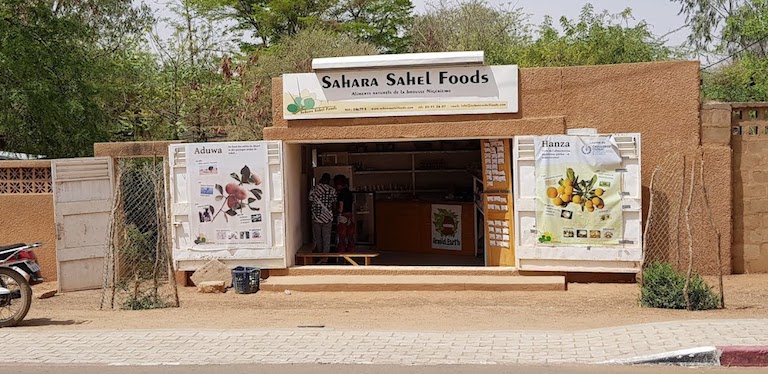Language of harvest

Papua New Guinea is traversed from east to west by a high mountain range. On its two slopes are enclosed hills and valleys, and there, the tribes that have lived in isolation for thousands of years, give a reputation for cultural and linguistic diversity to this territory. In this mountain range lives a palm tree of the genus Pandanus: It can capture about 30 meters in length, giving abundant bouquets of cooked fruit in the form of pineapple. They eat that cooked raw grain, and they say it tastes like the nut of the American pecan. It is a fatty fruit that is gathered for famines and celebrations and is associated with ancient rites. Apparently, in the last Ice Age, they were already rising from the sea to the mountains to gather that fruit. Expeditions became ritual acts, which led to the emergence of hidden languages.
The pick-up of the Pandanus Mezquino has a special language. Their tribes, when they enter the mountain, set aside mainstream language. They believe that the harvest will be wasted if common language words are used in harvesting expeditions. On the contrary, using the record of “pandanus” or the level, evil spirits and enemies will be scared, and they will avoid damage to the harvest. Throughout Papua New Guinea, the languages of clans and tribes change and become different “pandanus” languages for the sake of harvest.
Karl J. Retired American linguist Franklin arrived there in 1958, and in this 1972 article he published the “pandanus” record of the Kewa language: “A ritual pandanus language of New Guinea.” He himself said that the locals felt that the whole environment was full of wild dogs and that his principal guardian was the Kita-Meda spirit. With a language he did not know, he left them quiet in the expeditions of the weeks that were made to Mount Giluwe to the fruits of pandanus. Franklin says it's a functional language to survive on the mountain.
Australian linguist Andrew Pawley explained the “pandanus” record of the kalam clan: it is not a fear of the spirit, but it was collected to ensure the quality of the harvest. The bitter, salty, empty and quotidian words related to moisture in harvesting are taboo.
Magic, art... Everything has been said to define these registers. It is also a way of limiting the territory, because those who do not master the register will not be able to take ownership of the mountain or its fruits.
Oihanak atzeraka ari dira mundu osoan. Oso-osoan? Ez, badira txoko batzuk non zuhaitzak ugaritzen ari diren haiekiko harremana aldatu duten baserritarren lanari esker. Hauek ikasi behar izan dute arbolak ez direla laboreen etsaiak, zuhaitz eta zuhaixken esku dagoela lurzoruaren... [+]
Forests are edible; yes, yes, edible forests. They are called “edible forests,” especially because the creation and care of the forest is done through food.
In addition to the first, it is increasingly common to take advantage of some of the forest to eat. Some want to... [+]























